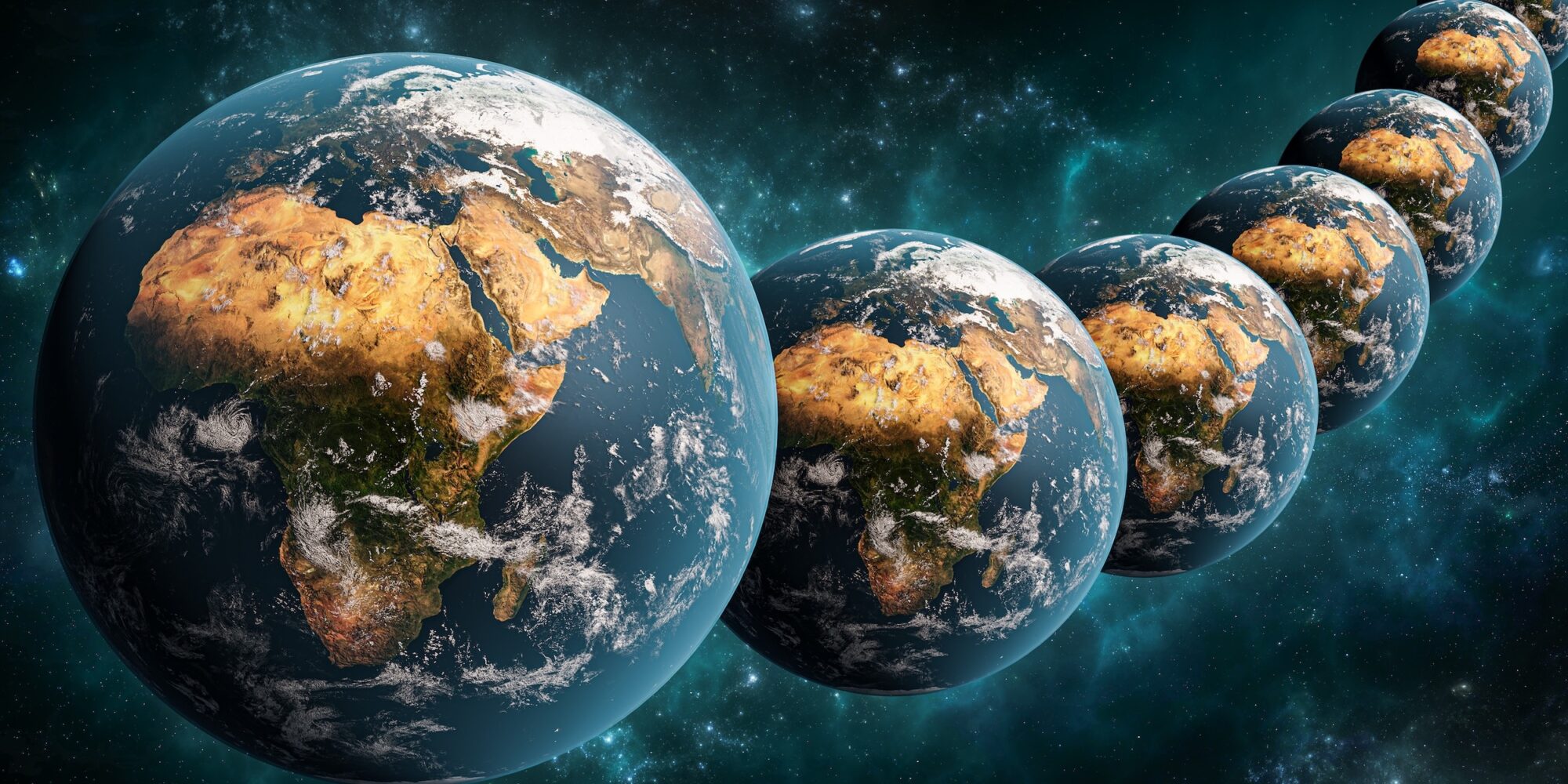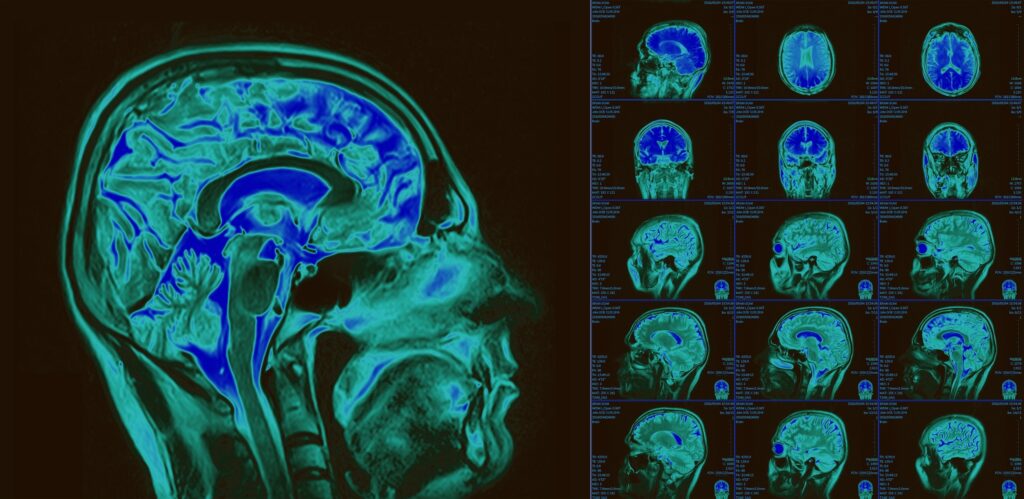Why the quantum state only exists in our mind
Seeing | Foundations of Physics | 2025-06-06

Dr. David Schmid, Dr. Lídia Del Rio and Hans Busstra explore a metaphysical shift that’s happening in the foundations of physics: the wave function is no longer regarded as something real, but just as a description of what we know about the world. In philosophical terms: the wave function is not ontic, but epistemic. And in more popular terms: the multiverse is science fiction, resting on a too-literal interpretation of a piece of mathematics called the Schrödinger equation.
Our previous video with Dr. Del Rio on the Frauchiger-Renner thought experiment:
Three other ‘epistemicists’, who’ve just been awarded a prestigious prize in the foundations of physics:
Chapters marks:
00:00:00 Introduction
00:03:30 — When did it dawn on you that QM is weird?
00:05:54 — The quantum phenomena that still scare David
00:07:53 — How to account for non-locality
00:12:19 — “What are the symbols representing?”
00:15:34 — What is the wavefunction really?
00:17:00 — “The standard view we are taught in the classroom…”
00:19:23 — Classically explaining quantum
00:20:23 — On Wheeler’s delayed choice experiment
00:28:38 — How to interpret the delayed choice experiment
00:32:56 — How can a single particle ‘know’ what’s going on at both paths?
00:36:41 — Quantum phenomena that remain weird: contextuality
00:44:38 — What are the viable ontological explanations we have?
00:48:26 — Is there evidence for an epistemic interpretation?
00:52:56 — Understanding epistemic interpretations
00:57:28 — Are we in a new era of physics?
01:00:43 — Lídia on what constitutes measurement
01:04:36 — How relevant are these recent theoretical findings?
01:07:36 — Experiments with AI as an observer?
01:08:36 — David and Lídia on what consciousness is
01:13:51 — Closing thoughts
Relevant scientific work of Schmid and Del Rio:
Why interference phenomena do not capture the essence of quantum theory
L Catani, M Leifer, D Schmid, RW Spekkens
Quantum 7, 1119
A review and analysis of six extended Wigner’s friend arguments
D Schmid, Y Yīng, M Leifer
arXiv preprint arXiv:2308.16220
Guiding our interpretation of quantum theory by principles of causation and inference
D Schmid, Thesis, University of Waterloo
https://uwspace.uwaterloo.ca/items/7aed8173-684a-40af-bff5-e625f29fe810
Thought experiments in a quantum computer,
Nuriya Nurgalieva, Simon Mathis, Lídia del Rio, Renato Renner:
https://arxiv.org/abs/2209.06236

Essentia Foundation communicates, in an accessible but rigorous manner, the latest results in science and philosophy that point to the mental nature of reality. We are committed to strict, academic-level curation of the material we publish.
Recently published
Reading
Essays
Seeing
Videos
Let us build the future of our culture together
Essentia Foundation is a registered non-profit committed to making its content as accessible as possible. Therefore, we depend on contributions from people like you to continue to do our work. There are many ways to contribute.















